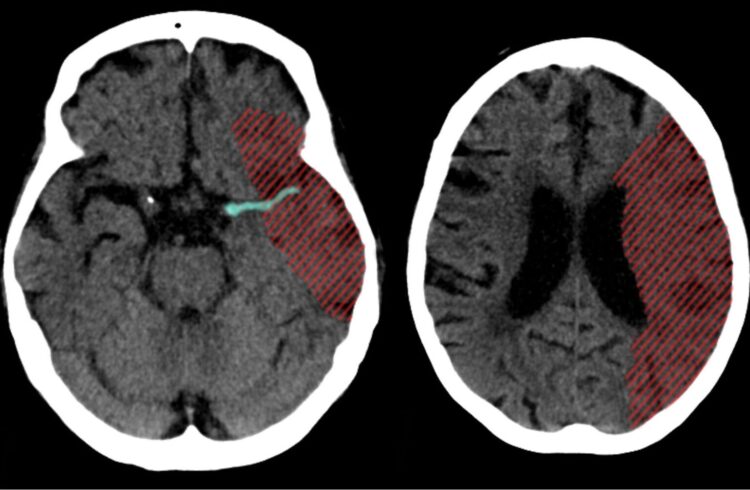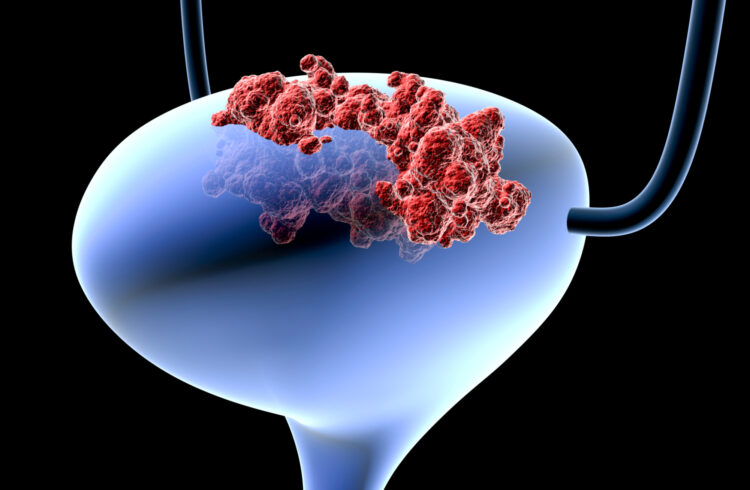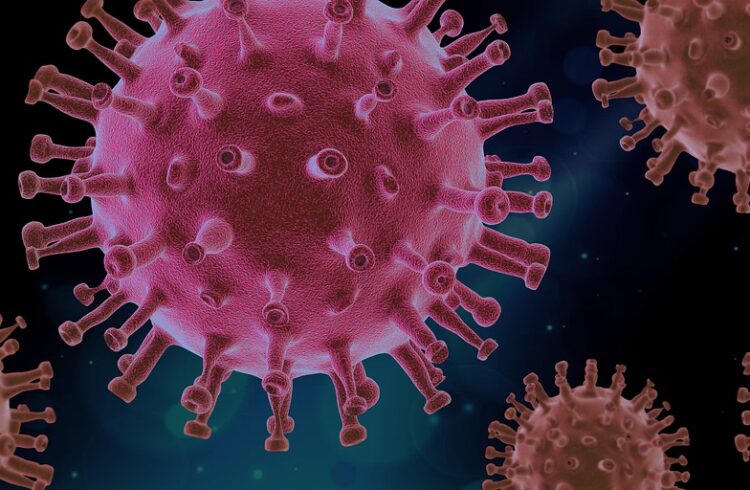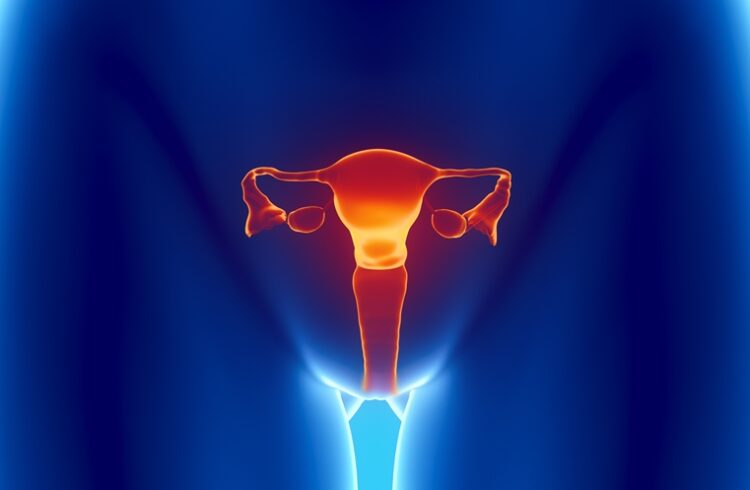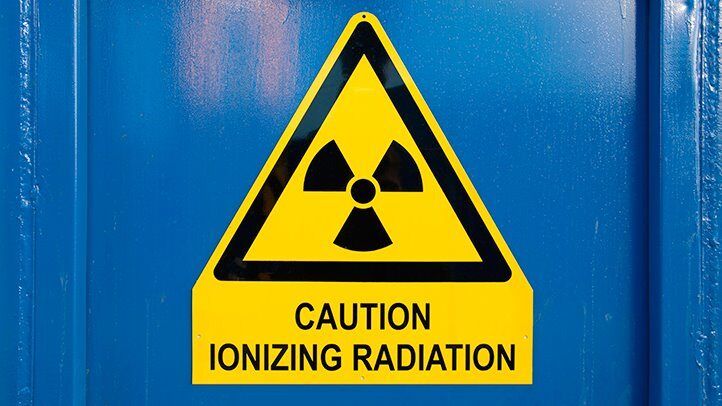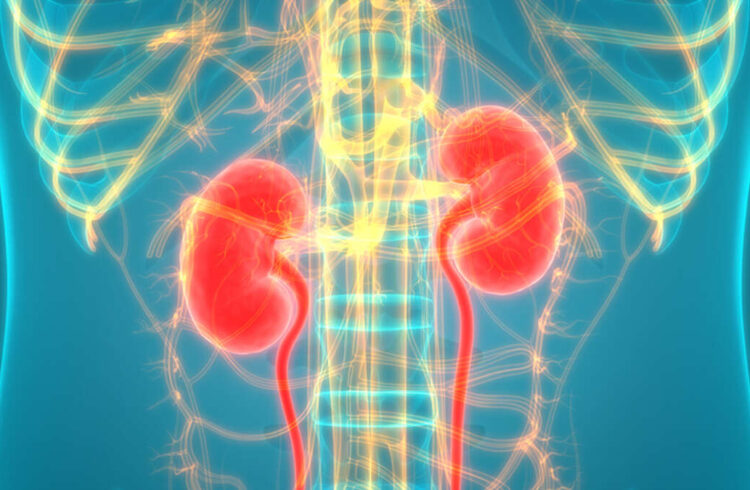In the blog, I would like to present the study, “A state-of-the-art review on fucoidan as an antiviral agent to combat viral infections,” by Biswajita Pradhan et al. The study proposes to address fucoidan as a potential protective therapy against COVID-19 and the antiviral activity of sulfated polysaccharides. Even though COVID-19 has declined, it still […]
Category: Health Benefit of Fucoidan
Cerebral ischemia-reperfusion injury is caused by producing various toxic substances in the microcirculation of organs and tissues under ischemic conditions when blood reperfusion occurs. This injury can lead to severe brain disorders, death, or varying degrees of disability. Additionally, ischemic stroke is the most common disease associated with cerebral ischemia. Multiple reasons, including external forces, […]
Bladder cancer has an unpredictable prognosis with a high recurrence rate. Unfortunately, cancer treatment usually has severe side effects, so finding a less or no side effects treatment is crucial for persons who are diagnosed with bladder cancer. However, on a positive note and as per the previous studies, fucoidan has been shown to exert […]
Patients recovering from acute SARS-CoV-2 infection are likely to develop long-term sequelae, which include lung injury, inflammation, neurodegeneration, etc. These conditions are caused by mitochondrial dysfunction. Therefore, searching for alternative therapies is essential to reintegrate cellular homeostasis in SARS-CoV-2-infected individuals. Fucoidan is a polysaccharide derived from seaweed, and as shared in previous studies, it is […]
Endometriosis is a disease in which the endometrium, which generally covers the inner wall of the uterus, develops and continues to grow outside the uterus, including ovaries, peritoneum, and uterine wall. Its pathology is to increase proliferation and migration to promote the progression of the epithelial-mesenchymal transition (EMT). This condition is most commonly seen in […]
According to Szu-Yuan Wu et al., research mentioned that Radiation therapy (RT) consists of high-energy X-ray radiation intended to target rapidly dividing cells, such as tumor cells. RT damages intracellular DNA, often impairing cell division and subsequent cell death. However, RT requires a balance between destroying cancer cells and minimizing damage to normal cells. Considering […]
Acetaminophen (APAP) is a widely used analgesic and antipyretic drug that acts on the thermogenic center of the brain to expel body heat and reduce body temperature. The recommended dose of acetaminophen is 10-15mg/kg body weight. Hence, excessive use of acetaminophen can cause side effects such as liver damage. On a positive note, fucoidan, a […]
Diabetic nephropathy, one of the complications of diabetes, is a disease in which hyperglycemia destroys the kidneys and reduces renal function, ultimately leading to end-stage renal failure requiring dialysis or kidney transplantation. A previous study proved that Fucoidan (FPS) has biological activity and potential applications, including anti-inflammatory and anti-cancer effects, immune response, and pathogen inhibition. […]
Recently, it has become clear that the intestine is not only a digestive organ that digests food but is also significantly involved in systemic health, such as obesity, immunity, arteriosclerosis, including mental disorders. On a positive note, fucoidan is a cell wall polysaccharide found in various types of brown algae. Fucoidan is known to have […]
The basic principle of diabetes prevention and treatment is to reduce carbohydrates in a person’s diet and increase physical activity. Unfortunately, it seems like the number of people diagnosed with diabetes is growing exponentially because most people do not follow the basic principles of a healthy lifestyle, also known as HLS. Hence, I want to […]

